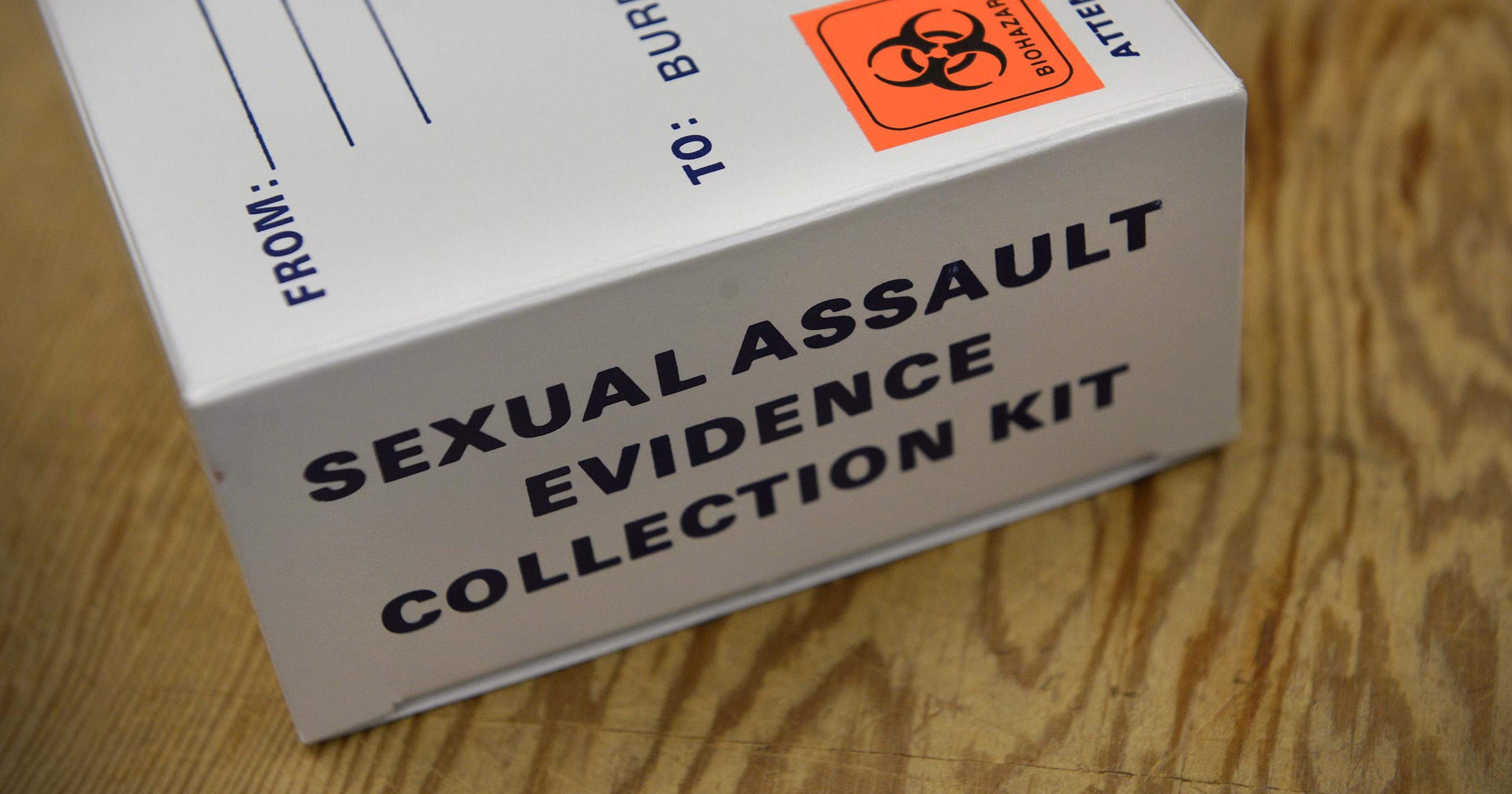
The Attorney General’s Office has completed its inventory of Washington state’s unsubmitted sexual assault kits, finding 6,460 kits that have not yet been submitted for lab testing by local law enforcement agencies.
A sexual assault kit is a collection of evidence gathered from a survivor by a medical professional, usually a specially trained sexual assault nurse examiner. A crime lab then tests the evidence for DNA that will help law enforcement find a perpetrator.
This month, Attorney General Bob Ferguson will request the remainder of a federal grant that funds sexual assault kit testing. The Attorney General’s Office (AGO) is currently reviewing the inventory data and working with the Crime Lab to develop a plan for testing the kits, which potentially provide DNA evidence for sexual assault investigations.
The AGO obtained inventory information from 208 law enforcement agencies across Washington state. These 6,460 kits were collected and booked into evidence by local law enforcement, but were not submitted to a crime lab for a DNA analysis. Consequently, they remain in evidence storage facilities around the state.
Many of these unsubmitted kits have been in an evidence storage facility for years. The oldest untested kit reported by local law enforcement to the AGO dates back to 1982.
“Sexual assault survivors deserve justice,” said Ferguson. “Each sexual assault kit tells a story from a survivor that must be heard.”
The inventory is part of the AGO’s Sexual Assault Kit Initiative project. In October 2017, the AGO won a grant for $3 million from the U.S. Department of Justice to assist law enforcement with testing and investigating untested sexual assault kits. The grant process, part of the Bureau of Justice Assistance Sexual Assault Kit Initiative, was highly competitive.
The grant funds a team of investigators within the AGO dedicated to the project. Attorney General Ferguson plans to dedicate $1.5 million to pay for the testing of kits – the maximum allowable under the grant.
So far, the AGO has received 25 percent of the $3 million grant in order to inventory the kits. Now that the inventory of unsubmitted kits is complete, Attorney General Ferguson can request the remainder of the funds from Bureau of Justice Assistance.
There are two types of sexual assault kit backlogs in Washington state and across the country. The first is the “unsubmitted” sexual assault kit backlog, which consists of kits that sit in a law enforcement evidence storage facility because a DNA analysis was never requested. With today’s announcement, Attorney General Ferguson took the first key step in eliminating Washington’s unsubmitted kit backlog.
The second type of backlog occurs in crime lab facilities, and consists of “backlogged” sexual assault kits that have been submitted, but have not yet been tested.
The State of Washington has made progress on processing its backlog of sexual assault kits over the past several years, but additional work remains. In 2015, led by Representative Tina Orwall (D-Burien), the Legislature gave funds to the Crime Lab to reduce the backlog.
According to the Washington State Patrol, more than 3,300 backlogged kits have been submitted to the Crime Lab using this legislative funding. Of those kits, about 1,700 have been tested and about 1,100 are currently in the testing process. These totals do not include the 6,460 unsubmitted kits Ferguson inventoried that are held by local law enforcement.
In Washington state, the State Patrol Crime Lab oversees the testing of all of the state’s DNA evidence. The Crime Lab is outsourcing the sexual assault kits to a private lab to complete the DNA testing. The Crime Lab must conduct a peer review of all evidence tested by outside labs and is the only agency permitted to upload DNA profiles into the national forensic DNA database, known as CODIS.
Once the kits are tested, local law enforcement can use DNA to reopen cold cases. Testing these kits will identify serial rapists, link cases across the country, provide critical links that could solve homicide cases and provide answers to victims and their families.
My opinion? I’m impressed our legislature is appropriating more funding toward testing rape kits. Forensic evidence such as rape kits benefit everyone, including the defendant. The evidence gives information beyond “he said / she said” allegations. Rape kits analyze DNA evidence, reveal the location and extent of injuries/trauma sustained from alleged sexual assaults and may contain notes from interviews with sexual assault nurse practitioners. All of this evidence helps the investigatory process.
Please contact my office if you, a friend or family member are charged with a crime. Hiring an effective and competent defense attorney is the first and best step toward justice.






